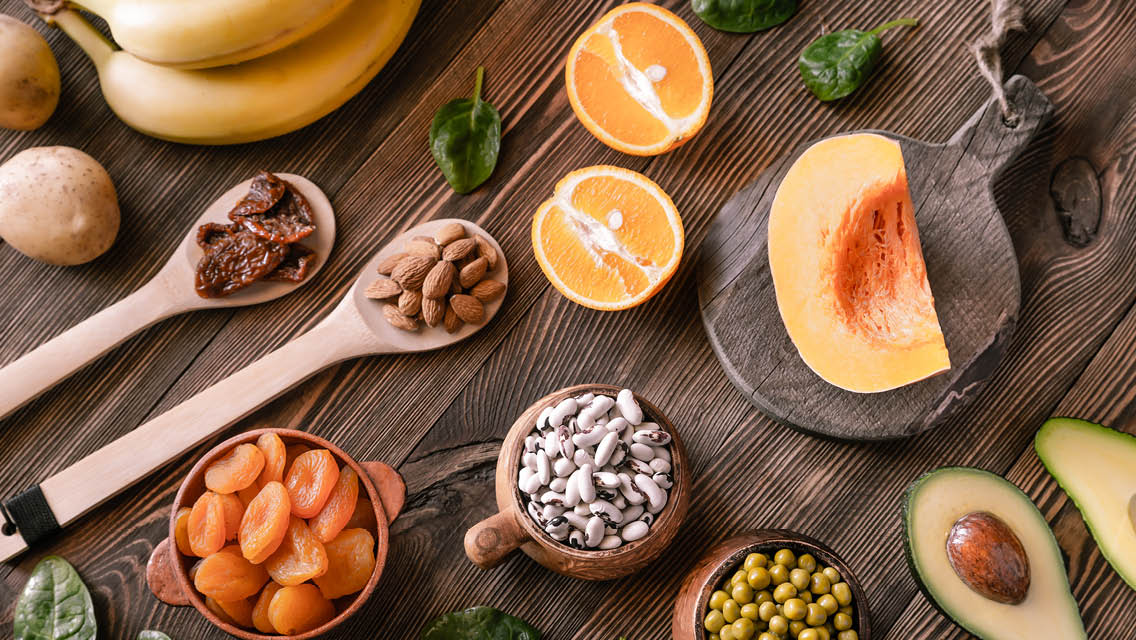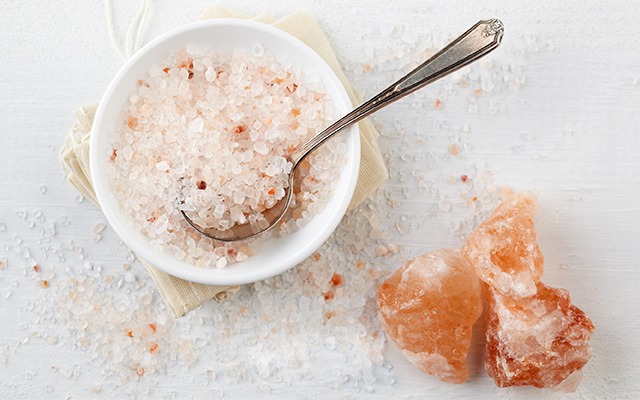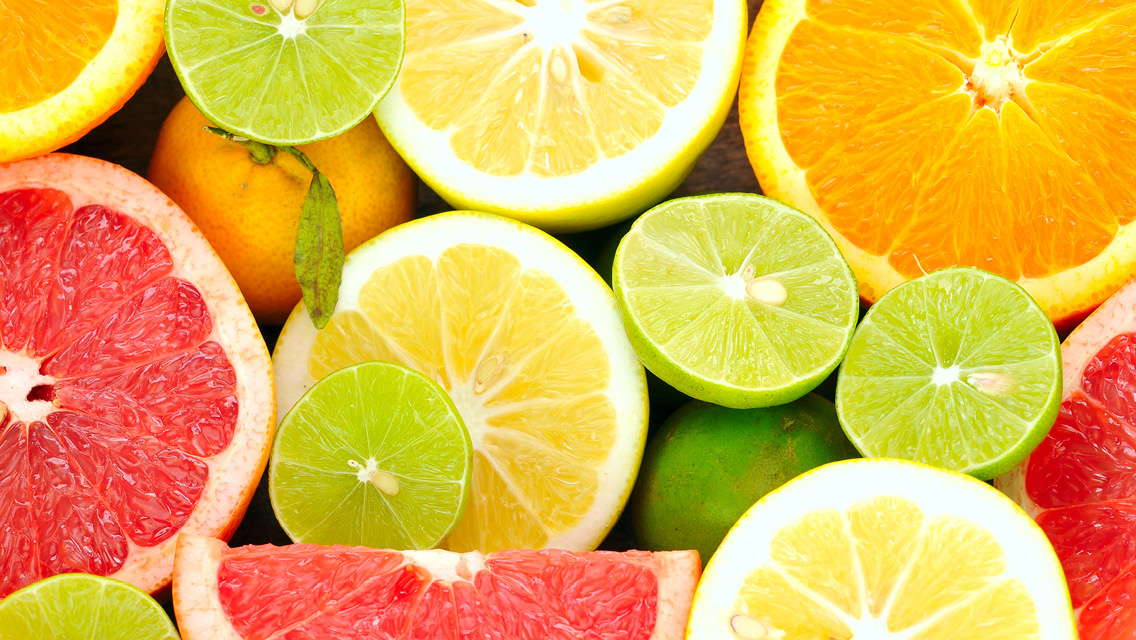Each of the body’s trillions of cells relies on potassium to manage fluid balance, making it the underappreciated workhorse of minerals. Potassium helps muscles contract, maintains acid–base balance, and regulates heartbeat. And the U.S. Department of Agriculture’s most recent dietary guidelines labeled potassium (along with calcium) a “nutrient of public health concern” because most Americans are lacking.
Potassium is an electrolyte, meaning it has an electric charge. It has an inverse relationship with sodium (another electrolyte), so higher potassium levels are associated with lower sodium levels.
Potassium is an electrolyte, meaning it has an electric charge.
A study published in 2022 in European Heart Journal followed 13,696 women for 20 years and found that those who ate lots of potassium-rich foods had healthier hearts. Because the mineral prompts the body to release sodium in the urine, potassium may act as a safety valve of sorts. The standard American diet is notoriously salty, which can dial up blood pressure as well as the risk of heart attack and stroke, so the mineral’s support of more efficient excretion could be heart-protective.
Eating plenty of fresh, whole foods, including vegetables and fruits, is a great way to maintain healthy potassium levels, while a diet of ultraprocessed foods can contribute to deficiencies. Signs of mild potassium deficiency include constipation, fatigue, and muscle weakness.
How much: Most adult men need about 3,400 mg daily; for most adult women, between 2,600 and 2,900 mg is sufficient.
Best sources: Potatoes (white, gold, red, and purple), bananas, spinach, yogurt, raisins, dried apricots, lentils, acorn squash, and beef.
It’s almost impossible for those with healthy kidney function to get too much potassium because the body flushes excess in the urine. If you’re at risk of low potassium, you might supplement, but the optimal source is whole foods.
How to know if you’re low: Measuring potassium is not easy because most of it is stored in cells. But levels can be partly assessed by their effects. Potassium depletion is closely tied to fluid balance, so if you get dehydrated by a stomach virus or sweating, electrolyte drinks can help.
Severe potassium deficiency — called hypokalemia — is uncommon. But since the body loses potassium through elimination, hypokalemia can show up in people with inflammatory bowel disease and those who take an excess of laxatives.
Worth noting: Because the lethargy and inertia that come with low potassium can mimic mild depression, integrative psychiatrist Henry Emmons, MD, author of The Chemistry of Calm suggests keeping this mineral in mind if you’re using nutrition to address mental health issues.
This was excerpted from “5 Essential Minerals to Support Your Mind and Body” which was published in Experience Life.





This Post Has 0 Comments